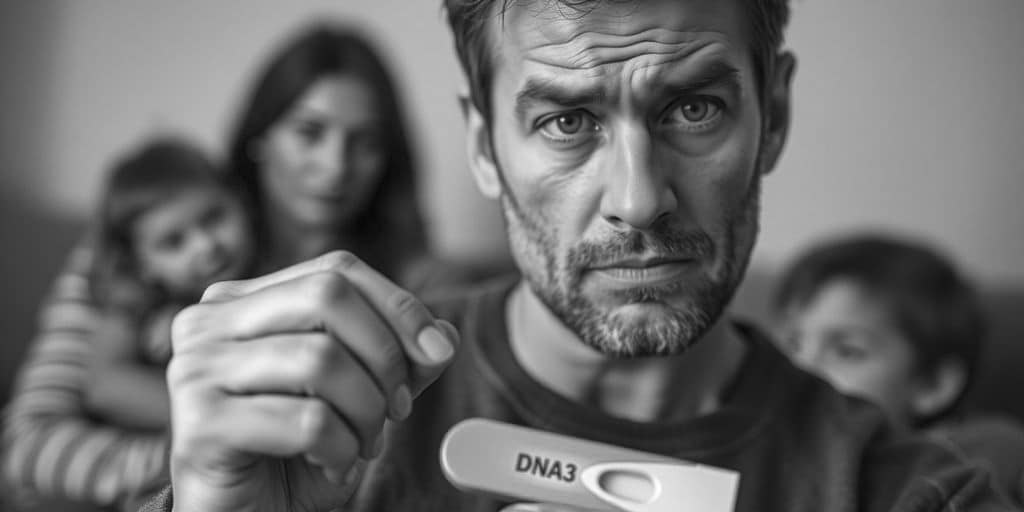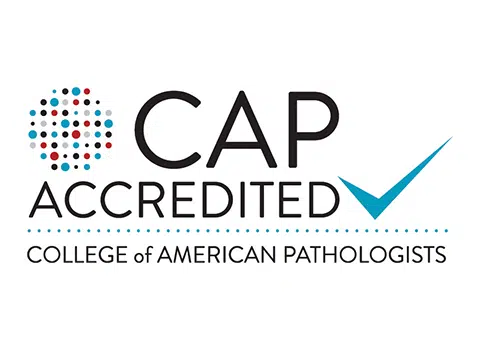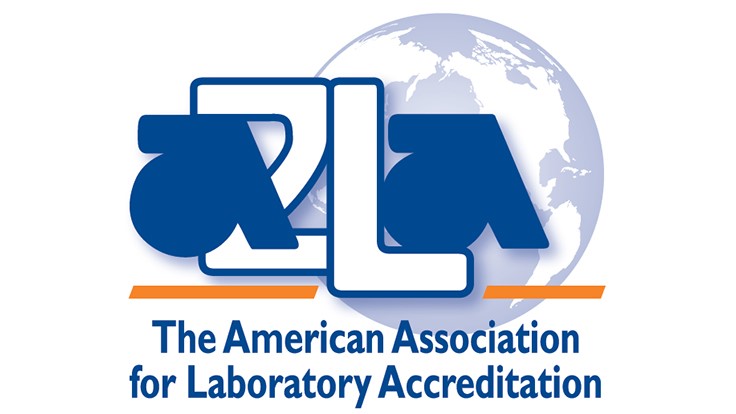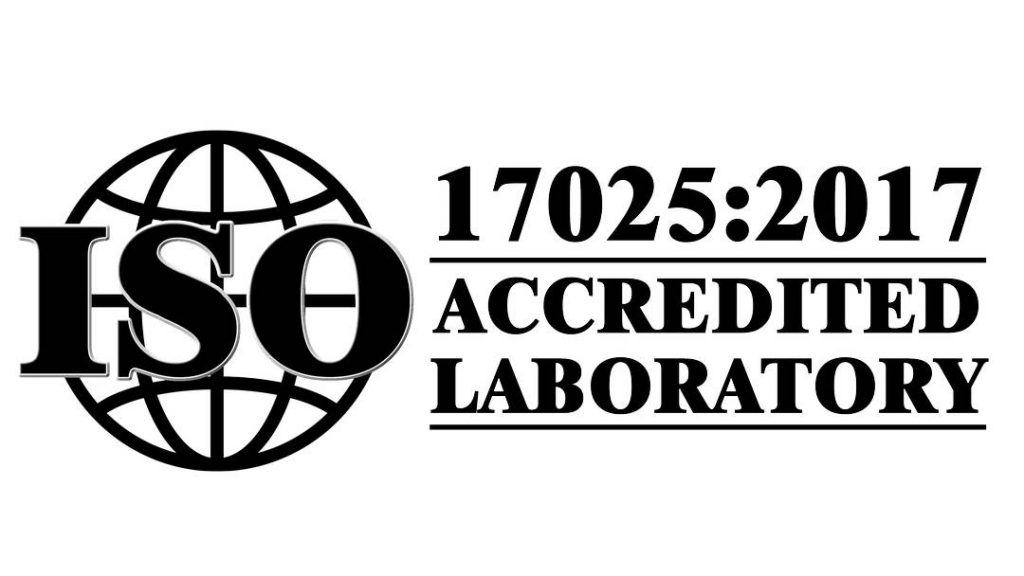When it comes to determining paternity, many fathers wonder if they can get a DNA test done without the mother’s approval. This question can be complicated, as it involves legal rights, custodial responsibilities, and ethical considerations. In this article, we’ll break down what a father needs to know about obtaining a DNA test, especially when the mother may not be on board with the process.
Table of Contents
ToggleKey Takeaways
A father who is the custodial parent can get a DNA test without the mother’s consent.
If the father is not the custodial parent, he needs permission from the mother or legal guardian to test a child under 18.
Ethical issues arise when considering privacy rights versus the child’s right to know their biological parentage.
Understanding Paternity Testing Without Consent

Legal Considerations for Fathers
Okay, so let’s talk about the legal side of things. It’s not always straightforward. The big question is whether a father can get a DNA test for a child without the mother’s okay. Generally, if you’re the legal guardian or have parental rights, things are easier. But if you don’t, you might hit some roadblocks. Each state has its own rules, so what’s allowed in one place might not fly in another. It’s a bit of a maze, honestly. If you’re not listed on the birth certificate, you’ll likely need signed consent from the mother or legal guardian.
It’s important to remember that even if you get a test done without consent, the results might not be admissible in court. So, if you’re planning on using the results for legal reasons, like custody battles, you’ll probably need to go through the proper legal channels to get a court-ordered test.
Here’s a quick rundown:
- Custodial Parent: Usually has the right to test.
- Non-Custodial Parent: Might need consent.
- State Laws: Vary widely, so check your local regulations.
Types of DNA Tests Available
There are a few different kinds of DNA tests you can get, and it’s good to know the difference. First, there are at-home kits, which are pretty easy to use. You swab the inside of your cheek and send it off to a lab. The results are usually ready in a few days. But, importantly, these tests aren’t usually admissible in court. Then there are legal DNA tests, which are done under strict chain of custody procedures. This means the samples are collected by a certified professional, and the whole process is documented. These are the ones you need if you’re going to use the results in court. There are also tests that can be done prenatally, but those are a whole other can of worms, especially when it comes to consent. Thanks to advances in scientific techniques, it’s possible to perform a paternity test without the biological mother’s DNA sample.
Here’s a simple table to break it down:
| Test Type | Consent Needed? (Generally) | Court Admissible? |
|---|---|---|
| At-Home Kit | Maybe | No |
| Legal DNA Test | Usually | Yes |
| Prenatal Test | Often | Sometimes |
The Role of Custodial Rights in DNA Testing

Custodial Fathers and Consent
When we talk about DNA testing and custodial rights, things can get a little tricky. If you’re the custodial father, meaning you have primary care and legal decision-making authority for your child, the rules might be different than if you’re not. Generally, as a custodial parent, you have more leeway in making decisions about your child’s welfare, which can include medical tests like DNA paternity tests. However, it’s not always a free pass. We still need to consider the child’s best interests and any state-specific laws that might apply. For example, if there’s a court order already in place that addresses paternity, that order takes precedence. It’s always a good idea to check with a legal professional to understand your specific situation.
It’s important to remember that even with custodial rights, the child’s well-being is paramount. Any decision regarding DNA testing should be made with careful consideration of the child’s emotional and psychological needs.
Here are some key points to keep in mind:
- Custodial fathers often have more authority to consent to medical tests.
- Existing court orders can override a custodial parent’s decision.
- State laws vary, so legal advice is essential.
Testing Minors and Legal Guardians
What happens when the child is a minor and the father isn’t the custodial parent? Well, in most cases, you’ll need consent from the legal guardian. This is usually the mother, but it could be someone else appointed by the court. If the mother refuses, it doesn’t necessarily mean you’re out of options. You can petition the court to order a DNA test, especially if you can show that it’s in the child’s best interest. This might be the case if there are medical reasons or if establishing paternity would provide the child with access to benefits or parental rights. It’s also worth noting that if the child is old enough (usually 18), they can consent to the test themselves, regardless of what the parents say.
Here’s a quick rundown:
If the child is a minor and you’re not the custodial parent, you typically need consent from the legal guardian.
If the legal guardian refuses, you can ask the court to order a test.
Once the child turns 18, they can consent on their own.
Ethical Implications of DNA Testing

Privacy Concerns vs. Right to Know
When you consider DNA testing, especially in cases where consent isn’t possible, you’re walking a tightrope. On one side, there’s a person’s fundamental right to privacy. Genetic information is incredibly personal. It can reveal a lot more than just paternity; it can hint at predispositions to diseases, ancestry, and other sensitive details. Sharing this information without consent feels like a major violation.
On the other side, there’s the right to know. A father might genuinely need to confirm paternity for various reasons – legal, emotional, or even medical. Denying him access to this information can have significant consequences. It’s a tough balancing act.
It’s not always clear-cut. What if a child has a serious genetic condition, and knowing the father’s medical history becomes crucial? Does the child’s right to health information outweigh the father’s right to privacy, or the mother’s right to make decisions for her child?
Medical Necessities for Testing
Sometimes, DNA testing isn’t just about confirming family relationships; it’s about health. You might need to know the biological father’s medical history to assess a child’s risk for certain diseases. In these situations, the ethical considerations shift a bit. It’s less about curiosity and more about necessity. Here are some points to consider:
Diagnosis: Genetic testing can be vital for diagnosing rare or complex conditions.
Treatment: Knowing a child’s genetic makeup can help doctors tailor treatments more effectively.
Prevention: Identifying genetic predispositions allows for proactive measures to prevent or delay the onset of certain diseases.
In these cases, the potential benefits of DNA testing can outweigh the ethical concerns about consent. However, you still need to proceed with caution and respect for everyone involved. You should always seek legal guidance to understand the implications of genetic discrimination and ensure we’re acting in the best interest of the child while respecting everyone’s rights.
When it comes to DNA testing, there are many important ethical questions to think about. For example, how do we protect people’s privacy? What happens if someone finds out something surprising about their family? These issues are really important and need careful thought.
In conclusion, understanding the legal implications surrounding DNA testing is crucial for fathers considering this option. It is essential to be aware of the rights and responsibilities involved, as well as the potential emotional impact on all parties involved.
Wrapping It Up
In summary, a father can pursue a DNA test without the mother’s consent, but there are some important rules to keep in mind. If he is the legal father listed on the birth certificate, he can go ahead without needing her permission. However, if he isn’t the legal parent, he must get consent from the mother or a legal guardian, especially if the child is under 18. If the mother refuses or is unavailable, it complicates things. The laws can vary by state, so it’s always a good idea to check local regulations. Ultimately, while it’s possible to get a test done, understanding the legal landscape is key to navigating this sensitive issue.
Frequently Asked Questions
Can a father get a DNA test without the mother's permission?
Yes, a father can get a DNA test without the mother’s consent if he is the custodial parent listed on the birth certificate. If he is not the custodial parent, he will need permission from the mother or a legal guardian.
What if the child is under 18 and the father wants to test?
If the child is under 18, the father must have consent from the mother or a legal guardian to proceed with the DNA test.
Are there any situations where a father can test without consent?
Yes, if the father is the legal guardian or custodial parent, he can conduct a DNA test without the mother’s consent. However, if he is not the custodial parent, he cannot test without permission.









